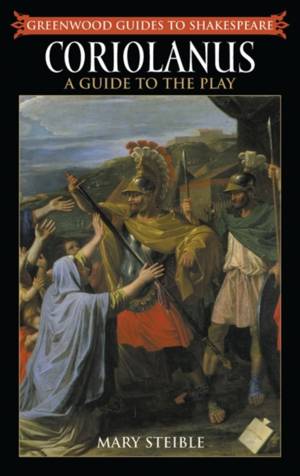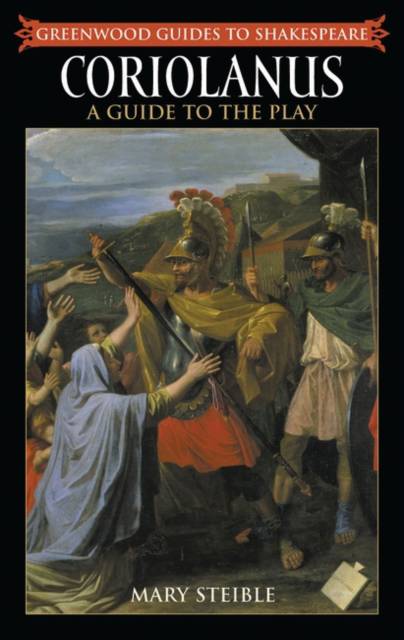
- Retrait gratuit dans votre magasin Club
- 7.000.000 titres dans notre catalogue
- Payer en toute sécurité
- Toujours un magasin près de chez vous
- Retrait gratuit dans votre magasin Club
- 7.000.0000 titres dans notre catalogue
- Payer en toute sécurité
- Toujours un magasin près de chez vous
169,95 €
+ 339 points
Description
Whether written for Renaissance law students or the popular crowds at the Globe Theatre, Shakespeare's Coriolanus appeals to a wide audience. With thematic consistency, the play presents the class conflict between Roman patricians and plebeians in terms of metaphors, images, and symbols of the human body and its basic needs for nourishment, love, and security. The play considers the compromises individuals must make if they are to thrive in a social order, and its exploration of the responsibility of individuals to others has never been more timely. This book is a comprehensive introduction to the play.
The volume discusses the genesis and textual history of Coriolanus and the merits of available modern editions. Also included is a plot summary. The book gives special attention to the historical, cultural, and intellectual contexts that shaped Shakespeare's work, and it analyzes his language and dramatic art. A chapter analyzes the play's themes and ideas, while another surveys the play's critical and scholarly reception. Of special interest is a chapter on the play's performance history. The guide cites current scholarship throughout and offers suggestions for further reading.Spécifications
Parties prenantes
- Auteur(s) :
- Editeur:
Contenu
- Nombre de pages :
- 176
- Langue:
- Anglais
- Collection :
Caractéristiques
- EAN:
- 9780313329623
- Date de parution :
- 30-11-04
- Format:
- Livre relié
- Format numérique:
- Genaaid
- Dimensions :
- 164 mm x 243 mm
- Poids :
- 403 g

Les avis
Nous publions uniquement les avis qui respectent les conditions requises. Consultez nos conditions pour les avis.






